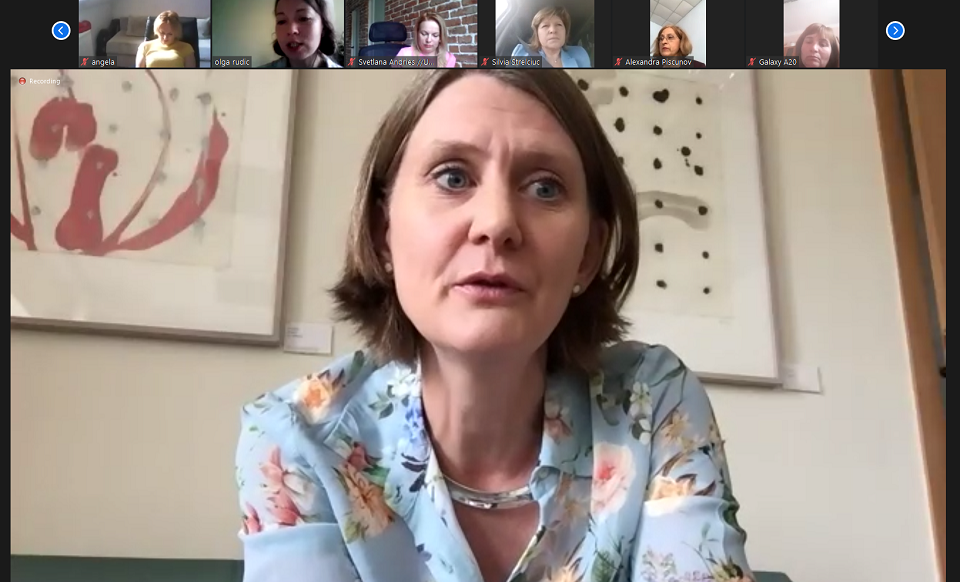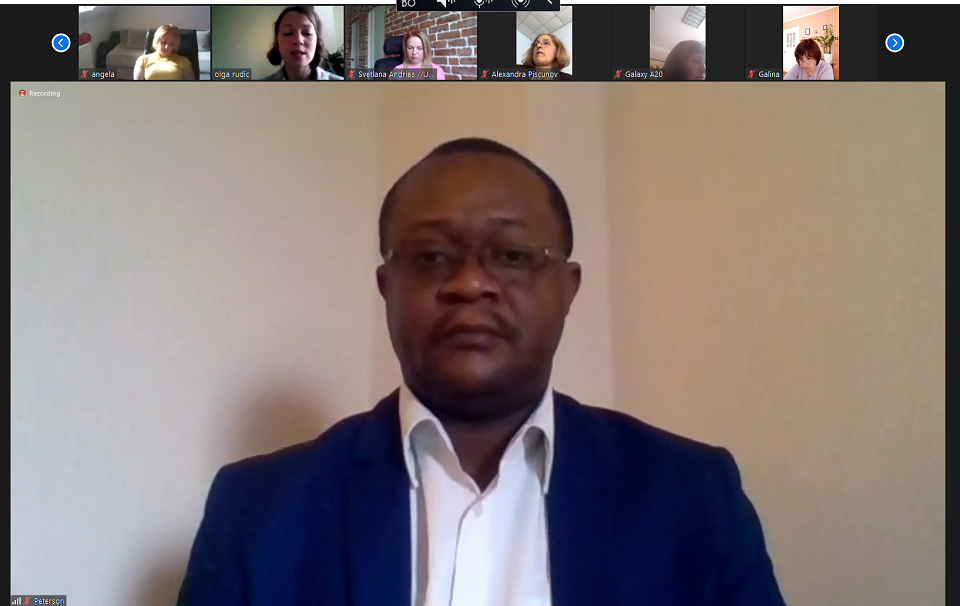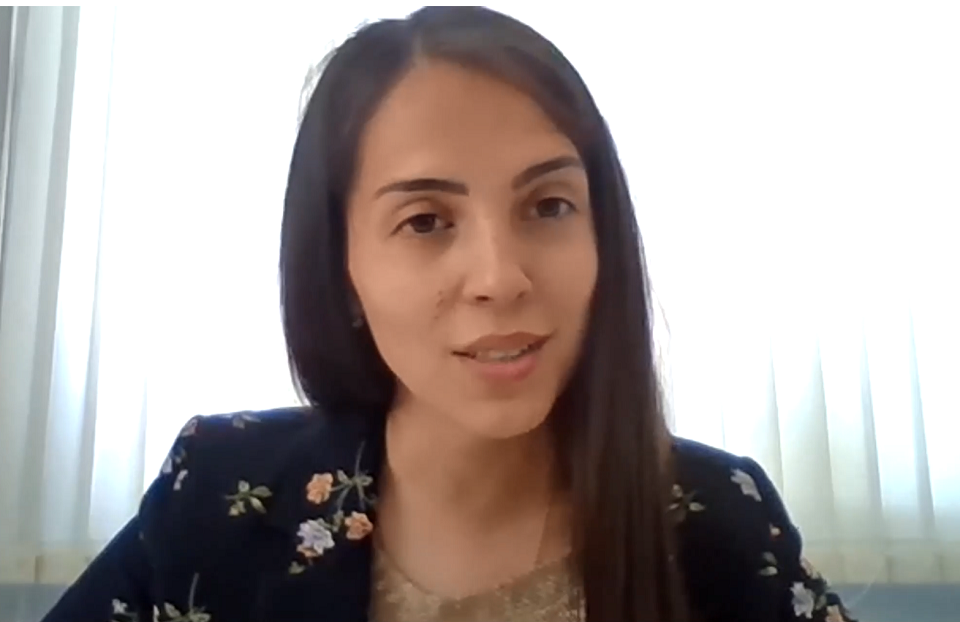Over 50 women leaders from Moldova met online for #DemocracyTalks to share their experiences as front liners
During an online round table session under the title #DemocracyTalks: “Women’s leadership in pandemic context: a perspective of women leaders at local level”, more than 50 women leaders from across the country discussed a gender-focused response to the COVID-19 crisis and shared their experiences in combating immediate and long-term effects of the pandemic at the grassroots level.Date:

The roundtable provided as a space for women leaders from various districts of Moldova to present their key strategies, concerns and experiences, recalling their critical role as front liners in the crisis. At the same time, the session provided an opportunity to renew participants’ commitment and support to the achievement of gender equality and women’s empowerment at all levels beyond the outbreak.
”It is interesting to hear and to learn more about the experience of women leaders at local level; how they act, combat immediate and long-term effects of the COVID-19 and what challenges they face, said H.E Anna Lyberg, the Ambassador of Sweden to the Republic of Moldova in her opening remarks.
”COVID-19 is not just a health issue and it is not gender-blind. It has very substantial implications for gender equality both during the crisis and also in the recovery phase. Today’s event is a good occasion for dialogue and experience sharing, but also for preparation for the future, post-COVID-19.”

”In Moldova, we see women in leadership roles and at the forefront of making bold decisions and ensuring that the national response to COVID-19 addresses the needs of women and girls,” said Peterson Magoola, Representative a.i for UN Women Moldova. “Often the decision makers look at women only as a vulnerable group, without giving them a chance to be a part of decision-making processes and deliberations. It is important to have more women contributing to decision-making on governance, accountability and resource allocation in addressing COVID-19, as well as ensuring that the voices and needs of the vulnerable women are taken into consideration in all COVID-19 interventions.”

“COVID-19 outbreak has been a very difficult experience, especially for mayors in their first mandate. We feel the need for a very clear and balanced dialogue with national authorities to be able to face all the challenges,” shared Victoria Butuc-Guranda, serving her first term as mayor of Danceni, a village in Ialoveni District, located 16 km away from the capital. “In the commission of emergency situations, in our district seven members out of nine are women, including the mayor, social workers and sector police officers. So we are in power, but I want to mention that we do not have to face all the challenges without men’s support.’
Local councilor from the Moscovei community, Cahul District, about 170km south of Moldova`s capital, Chișinau, Agnesa Grecova raised the issue many mothers are facing during the COVID-19 outbreak: ”Women with children of over 3 years old are now more vulnerable, as they are not receiving financial support from the state anymore. With kindergartens closed as a COVID-19 measure and less job opportunities on the market due to the pandemic, getting employed is not very likely. Many of them raise their children alone and have no other sources of funding.”
As an outcome of the discussions, a narrative will be developed focusing on the experiences and challenges of women leaders at the local level.
This round table #DemocracyTalks: ‘Women’s leadership in pandemic context: a perspective of women leaders at local level’ was facilitated by the ‘Institutum Virtutes Civilis’ Association and supported by UN Women Moldova and the Embassy of Sweden.